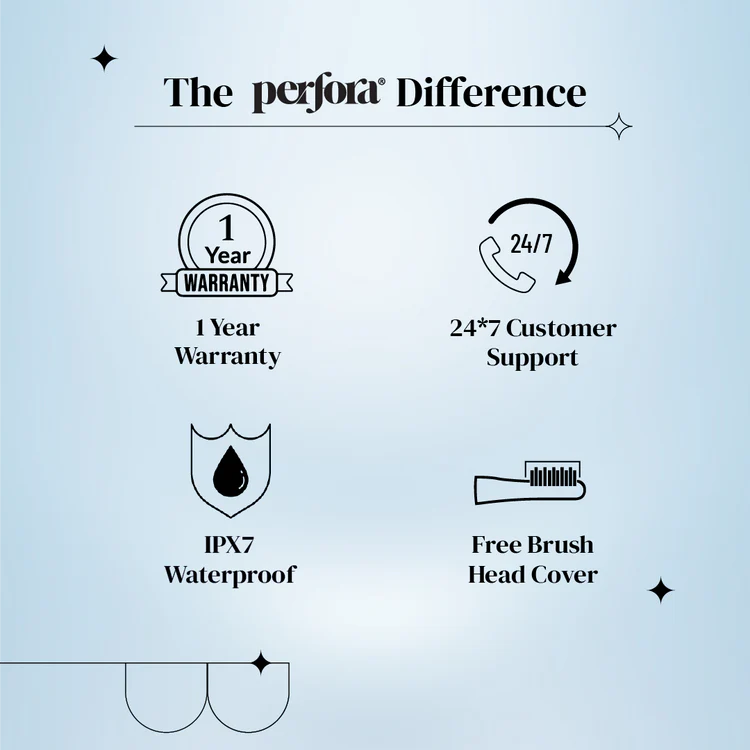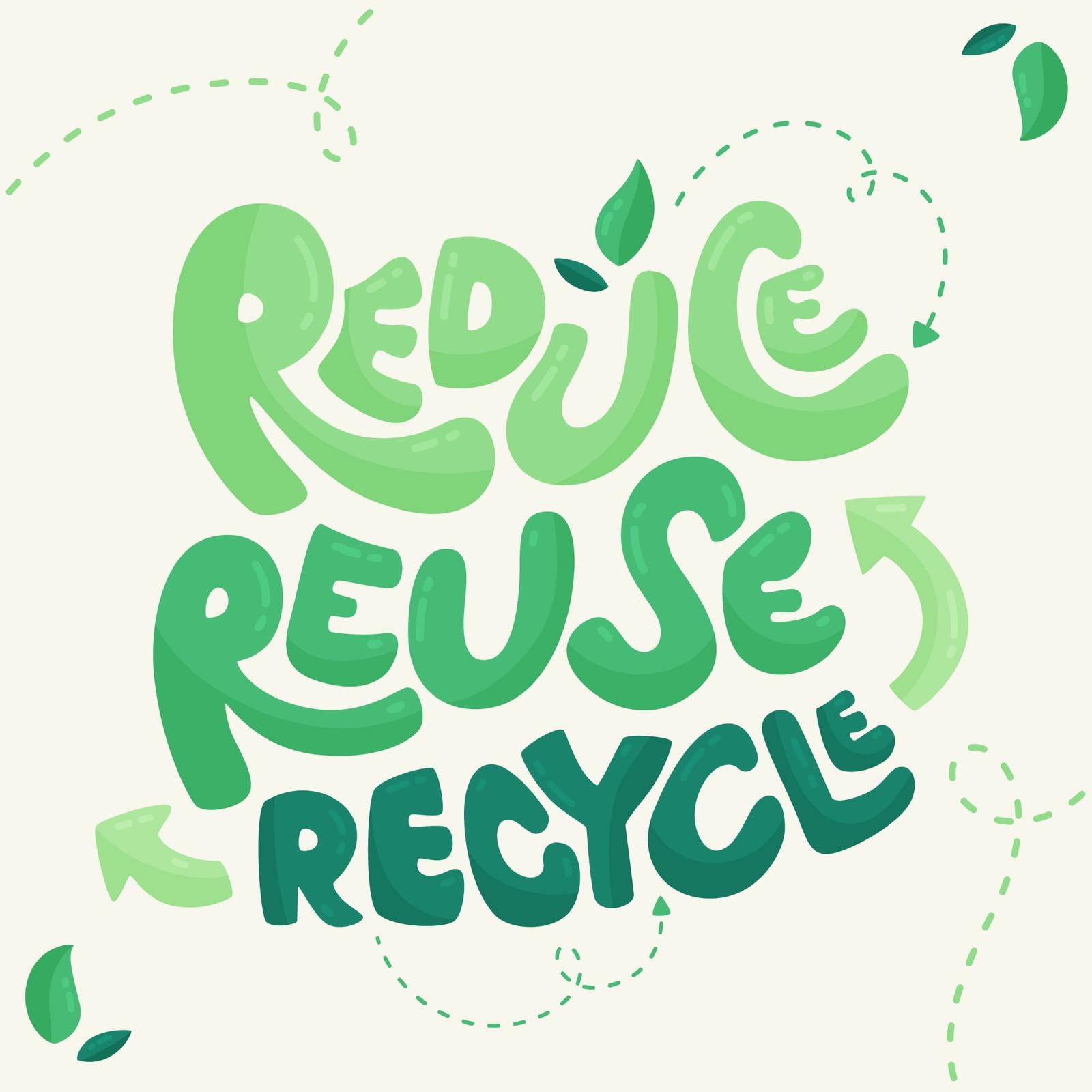Sale!
Natural Oral Care, Teeth Whitening
Everyday Essential Care
Original price was: ₹1,348.0.₹1,213.0Current price is: ₹1,213.0.
- The absolutely basic one!
- Comes with an Electric Truthbrush and Dream toothpaste for an upgraded brushing
- The toothbrush is designed to deliver an elevated brushing experience
- A perfect combo of scientifically proven and natural ingredients
You must be logged in to post a review.
Q & A
Ask a question
There are no questions yet
Sustainability Report of Everyday Essential Care
- Materials and Sourcing:
- Manufacturing Process:
- Transportation and Logistics:
- Packaging:
- Life Cycle Assessment (LCA):
- Carbon Footprint Calculation:
- Material Science and Engineering:
- Life Cycle Assessment (LCA):
Store
Price
Details
General Inquiries
There are no inquiries yet.






168448811028027171509112911927.webp?v=1715091128)
167654162847927171508473208127.webp?v=1715084734)










Reviews
There are no reviews yet.